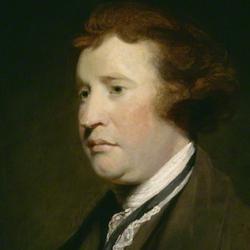“All political power,” write John Milbank and Adrian Pabst (Politics of Virtue, 332-3), “tends to become imperial.”
They see three reasons for this: “either to stabilise volatile ‘backyards’ (e.g. the United States in Central and Latin America; China in the South Chinese Sea; Turkey and Russia in the wider Caucasus and Eurasia), or to secure natural resources and market outlets (e.g. the United States worldwide; the European Union’s trade agreements; China’s expansion in Africa) or else, again, to pursue a ‘civilising mission’ (e.g. the US export of democracy by ‘hard’ and ‘soft’ power, or the European Union’s promotion of human rights, or China’s neo-Confucian project of global harmony).”
They believe that the European Union is “best described as a ‘neo-medieval’ empire that has both pacified relations within its own borders and tries to project normative power by syndicating its values worldwide.”
Milbank and Pabst are skeptical that the world ever operated as a system of nation-states in the Westphalian manner, but they’re sure that we now live in a post-Westphalian world: “In the new Great Game, the geo-economics of energy and financial security matters just as much as the geo-politics of territorial control. Instead of national states and liberal market democracy, we are seeing the rise of old empires and new elites who combine oligarchy with authoritarianism in novel ways.”












